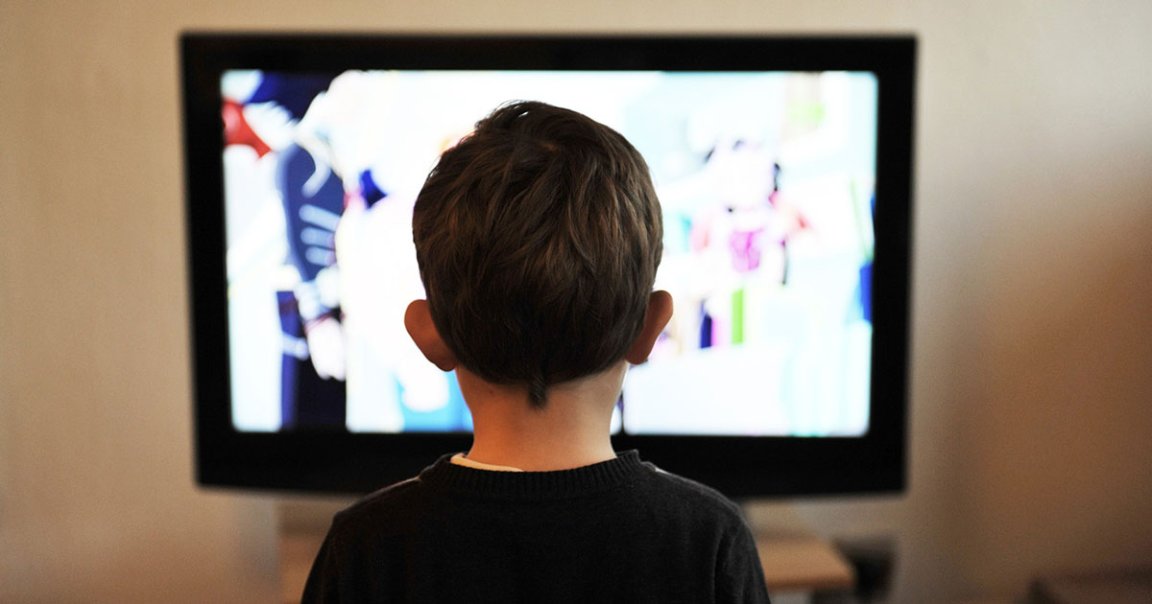
Evocative Language
On Tuesday, a Chinese state media organization published an article that criticized online video games, calling for extra restrictions on the industry in order to keep children from getting addicted.
The article, which compared gaming to opium for its ability to get children hooked, sent stocks of gaming titans Tencent and NetEase plummeting, NBC News reports. The article is part of a years-long push by the government to keep kids from spending all their time and money on video games, and the beleaguered companies are already adding new restrictions as a result.
Take It Back!
The article, published by the state-run outlet Economic Information Daily, has now been taken down twice. First, it was deleted for a few hours before being republished with a new headline and with any mention of opium removed, NBC reports.
“For the next step, there should be stricter controls over the amount of time minors play online games. It should be reduced by large amount from current level,” the article read, as translated by NBC.
Whatever Works
Currently, however, the article now seems to have been deleted altogether, and it’s not clear whether it will come back again. But if the goal was to spur further restrictions on the gaming industry, the article already succeeded. With gamer age-verifying facial recognition in place, Tencent is now further restricting the amount of time per day that minors can play its games, as well as how much money they can spend.
“The article brought attention to gaming addiction among minors,” senior analyst at the gaming consultant firm Niko Partners Daniel Ahmad told NBC. “It is reminiscent of older articles where video games were compared to digital heroin.”
READ MORE: Chinese state media slams video games, warns of addiction among children [NBC News]
More on gaming: China Bans Minors From Playing Video Games After 10 PM